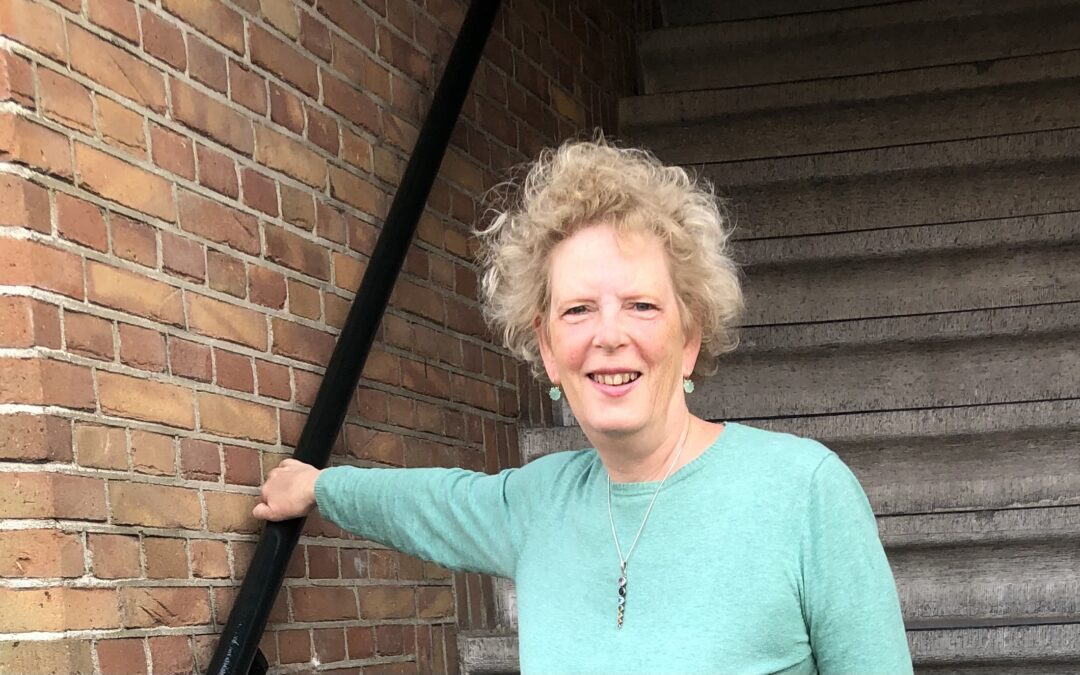
Hooray, my practice has now been running for 6 years
After losing my partner, Paul, my outlook on life changed. Until then I worked for a multinational company as a Change Manager. I then opted for a different interpretation of my work, by first completing Coaching training and then Grief and Loss training at Land van Rouw.
Many clients have since found their way to my practice. It touches me, how many have made the choice to choose me. Sometimes it was the text on my website, a poem, the description of who I am, my photo, the reviews, through a telephone conversation with me, a referral from a GP or a recommendation from a client. It is both fascinating and interesting to guide people from different cultural backgrounds in my practice. For me, an essential part of this has always been to provide a safe place where people are welcome with everything going on related to their loss.
A completely different side of my work is advising P&O managers (Personnel & Organization) on how to deal with loss in the workplace and guiding support bereavement groups at Humanitas. I also get a lot of satisfaction and inspiration from this.
I am, of course, not standing still. Over the last two years I have been studying Trauma Processes at Praktijk Parabel by Gwen Timmer and I am slowly integrating this into my work.
To reflect on the success of my practice, the 1.5-hour intake / introductory meeting is free until end of September for people starting a new support program.
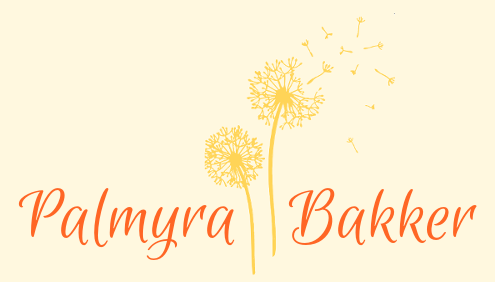

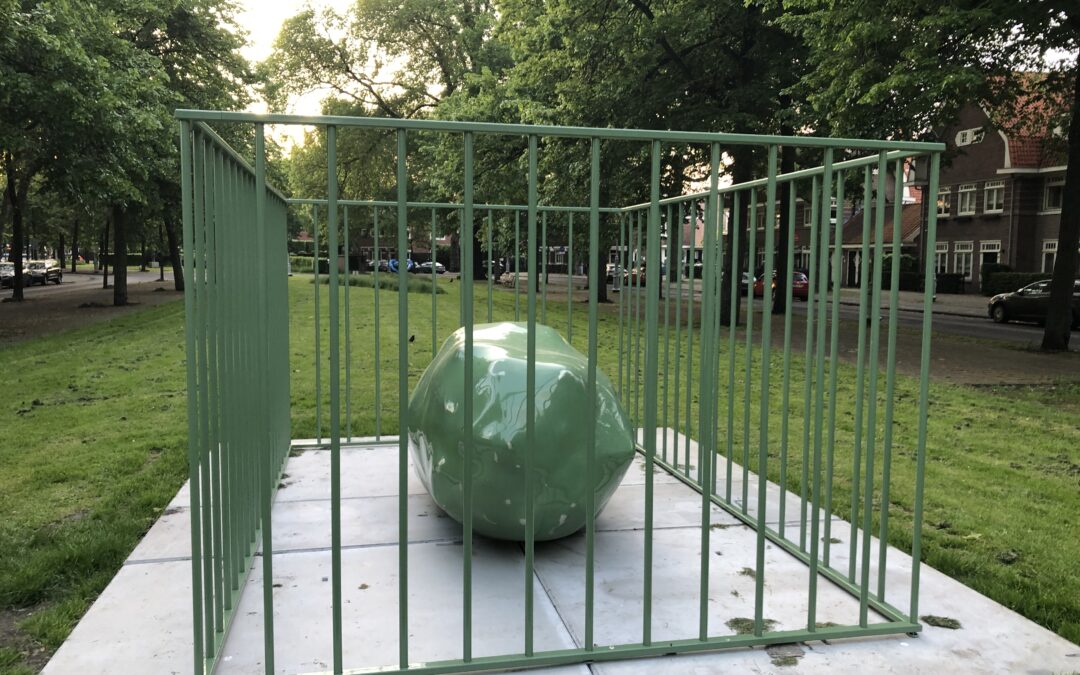

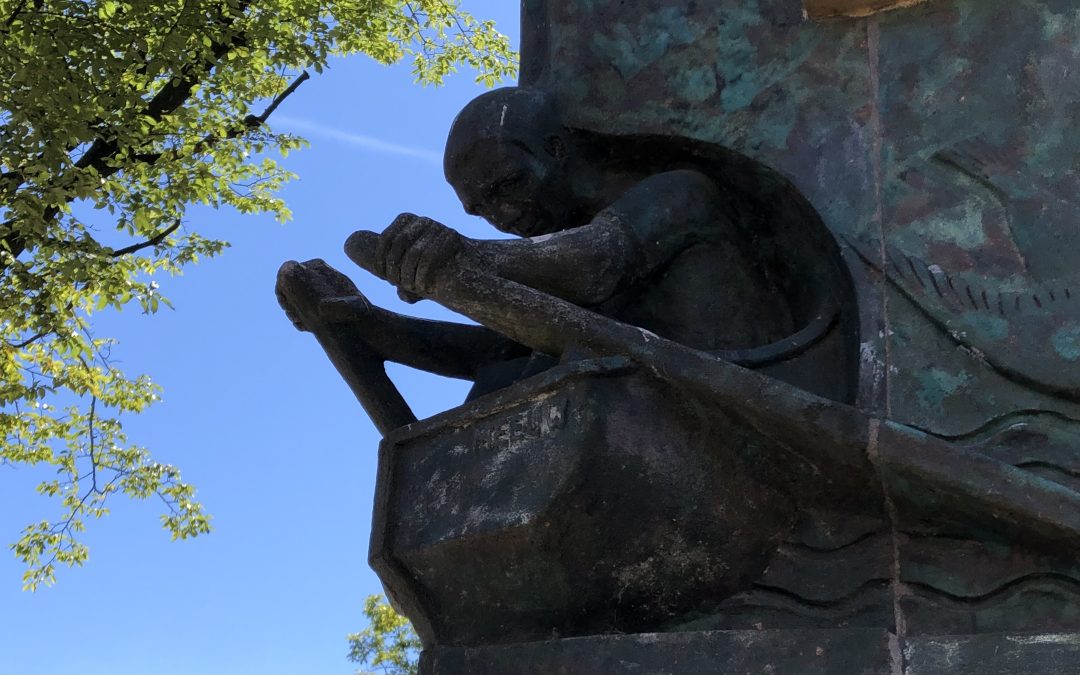
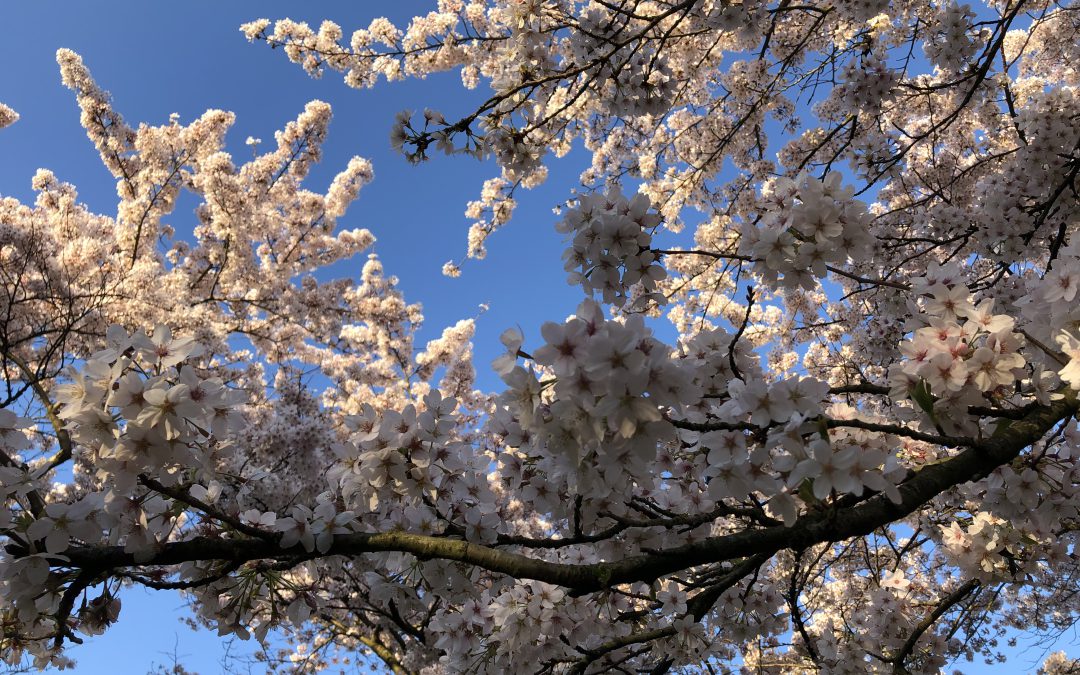
Recent Comments